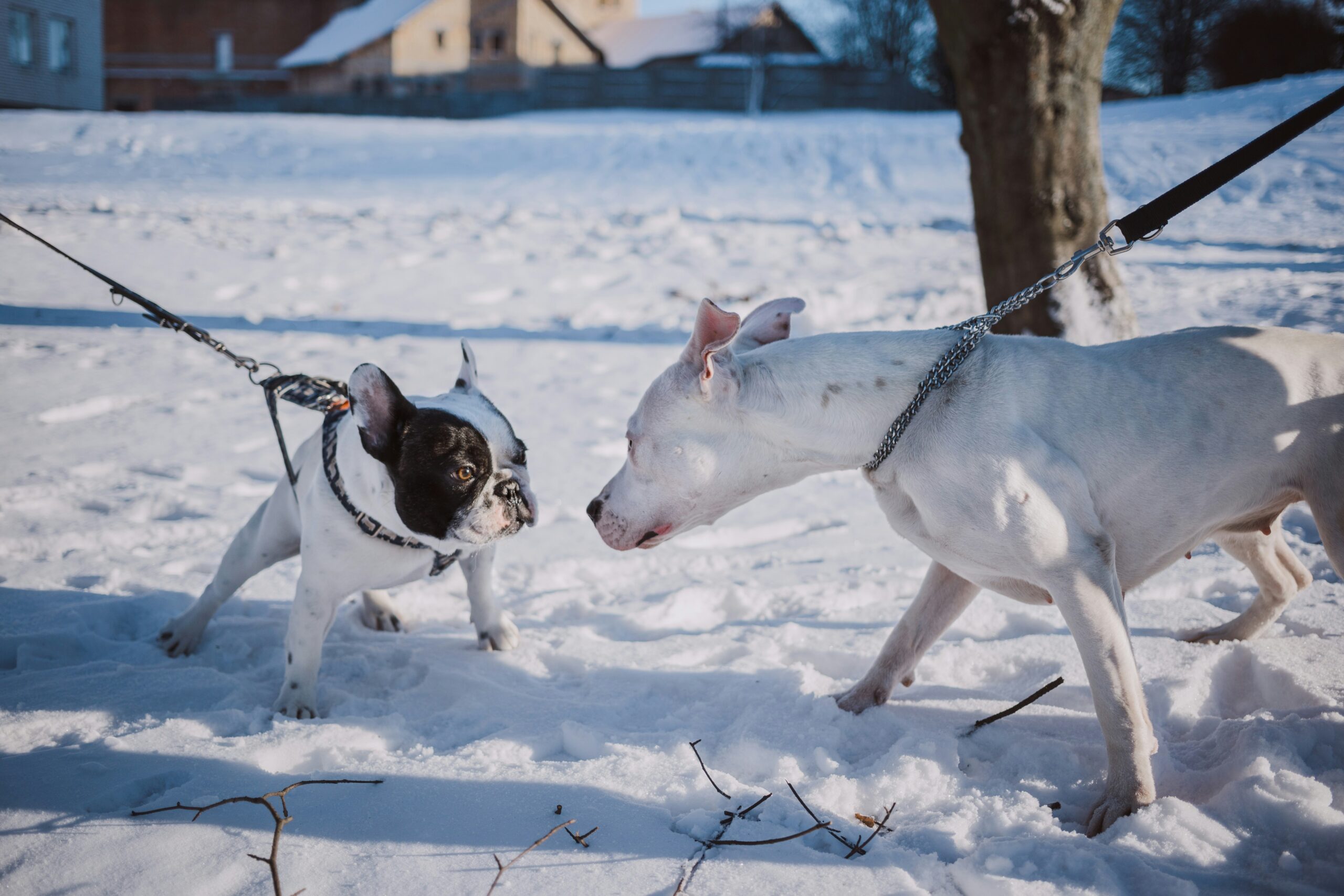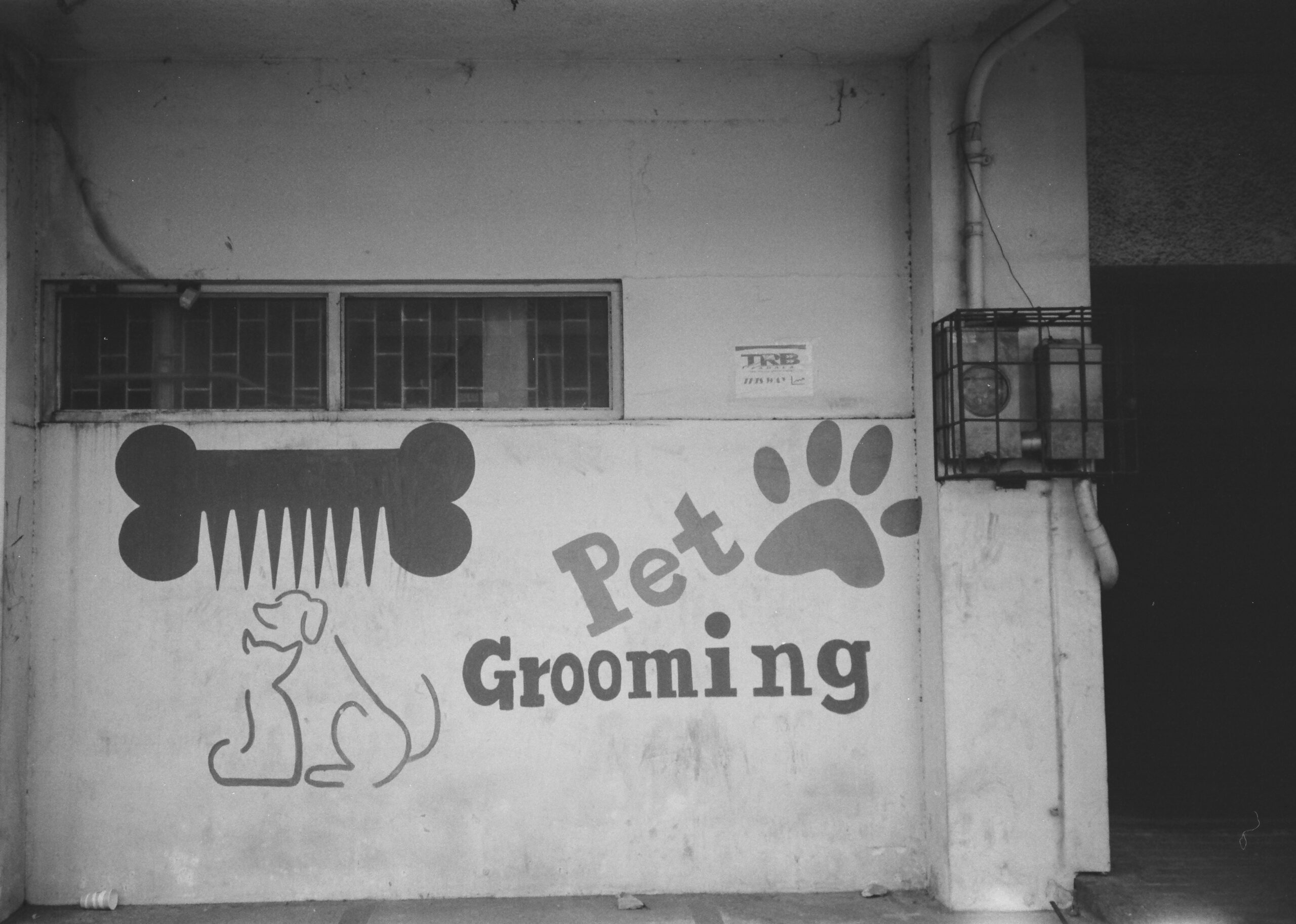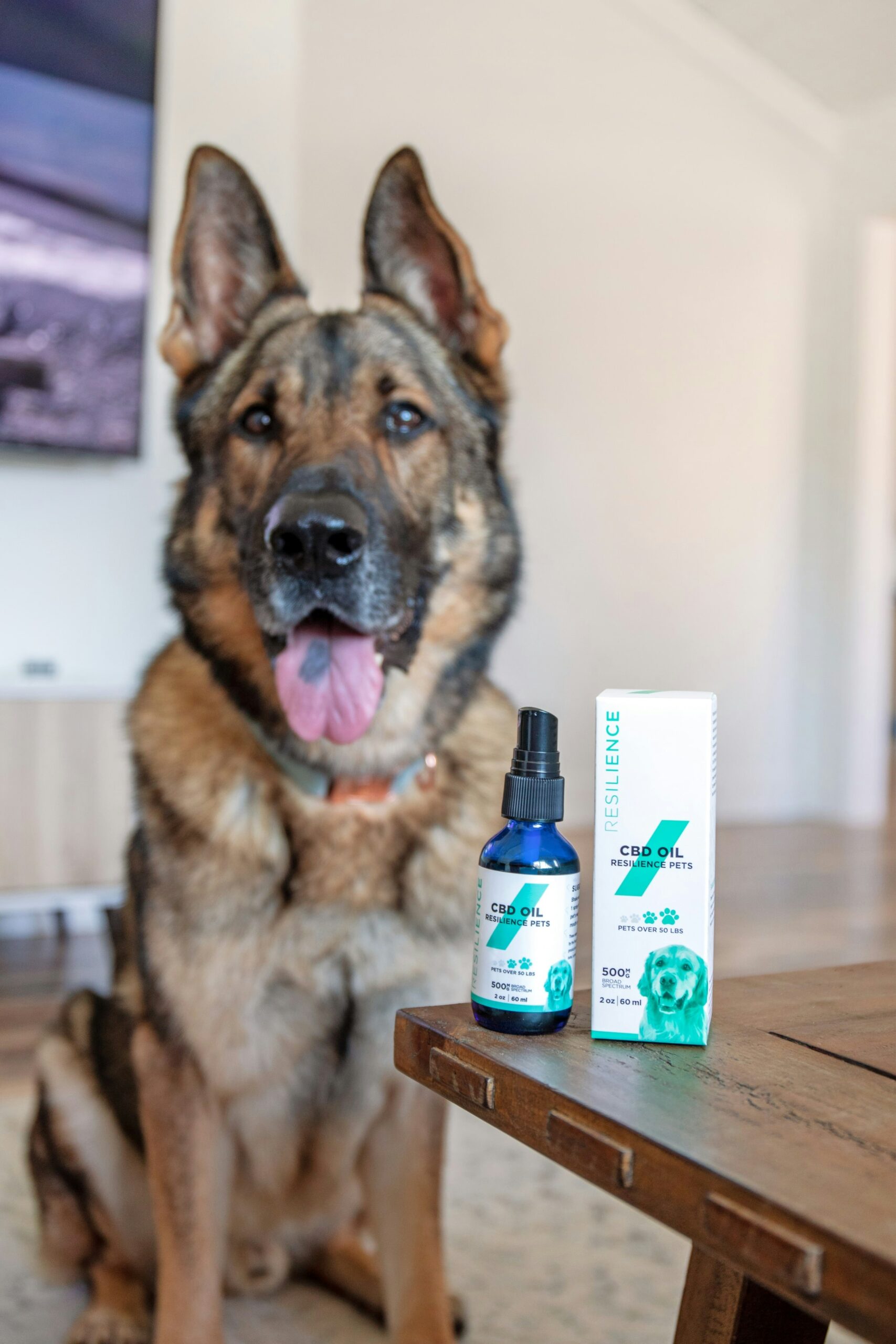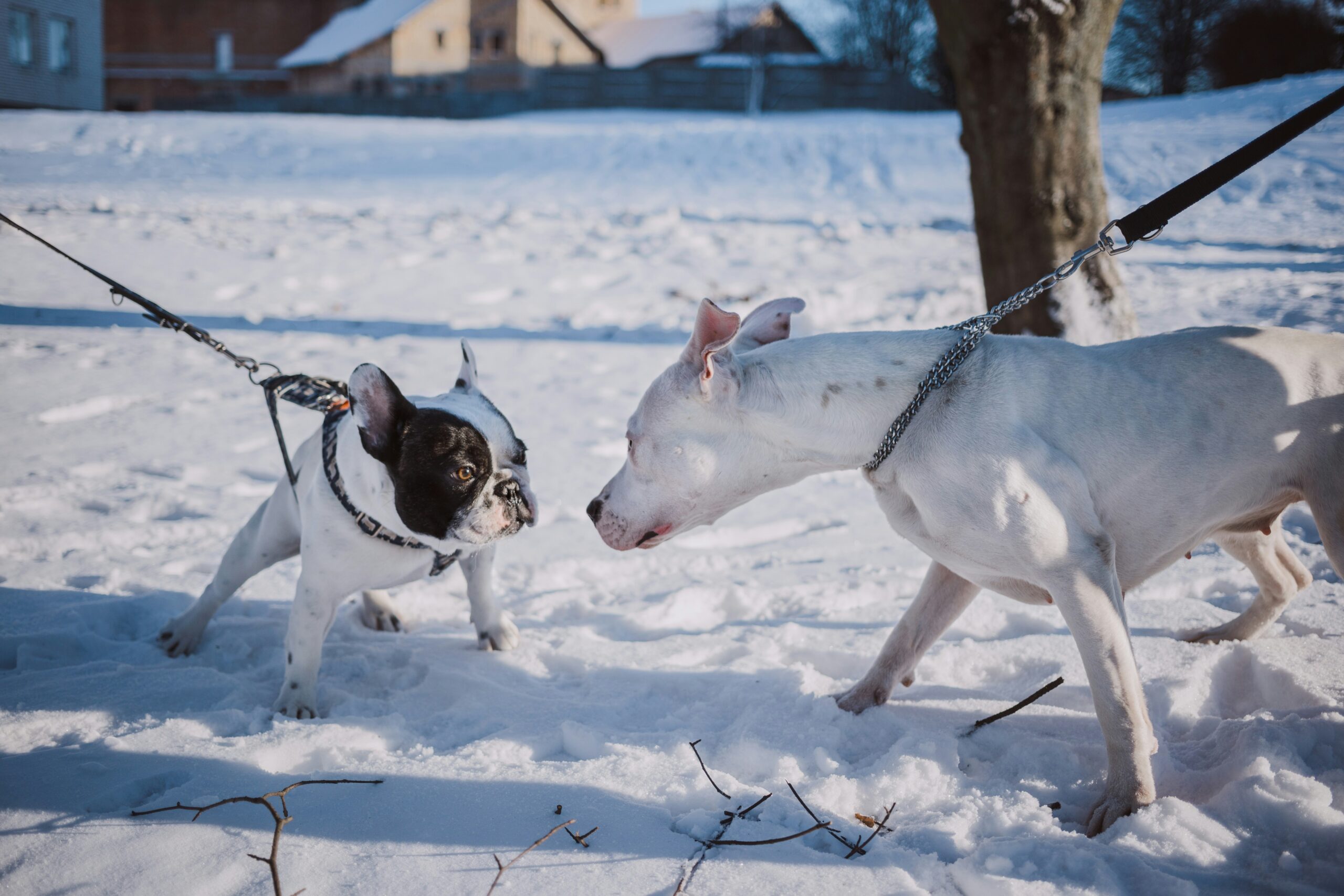The Importance of Pet Socialization: Benefits for Your Pet’s Development
Introduction to Pet Socialization
Pet socialization is a fundamental aspect of a pet’s overall development, ensuring they grow into well-adjusted and confident companions. The process of socialization involves systematic exposure to a variety of stimuli, encompassing interactions with other animals, encounters with different people, engagements in diverse environments, and participation in various experiences. This multifaceted approach aims to prepare pets for the multitude of situations they may face throughout their lives, thereby fostering their mental, emotional, and behavioral health.
In its essence, pet socialization is about familiarizing pets with the world around them in a controlled and positive manner. By gradually introducing them to a wide array of sensory inputs, owners help mitigate the likelihood of their pets developing anxiety, fear, or aggression. For example, socialized dogs and cats are less likely to exhibit stress-related behaviors when encountering new places, strangers, or other animals. This adaptability is crucial for both the pet’s comfort and the owner’s peace of mind.
The ultimate goal of pet socialization is to cultivate a secure and resilient pet, capable of navigating the complexities of the human-centric world with ease. Early and continuous socialization can significantly enhance a pet’s quality of life, promoting a well-rounded character that is essential for a harmonious coexistence with humans and other animals. Moreover, well-socialized pets are generally happier and more engaged, making them more enjoyable companions and easier to manage in various settings.
Overall, socialization is not just a one-time effort but an ongoing process that evolves with the pet’s life stages. It is a proactive measure that ensures pets are better equipped to handle new experiences positively. Understanding the importance of socialization and applying it effectively can lead to a more fulfilling and stress-free life for both pets and their owners.
Early Socialization: The Key Window
Early socialization stands as a fundamental cornerstone in the developmental journey of young pets, especially puppies and kittens. This critical period often dictates their adaptability, behavior, and overall mental health as they grow into adulthood. Typically, the key window for effective socialization in puppies occurs between three weeks to three months, while for kittens, it’s from two weeks to around seven weeks of age. During this time, these young animals are exceptionally receptive to new experiences, making it the perfect time to introduce them to a variety of social situations.
Exposing young pets to different environments, people, and other animals during this critical period can vastly enhance their social skills and reduce tendencies toward fear and aggression later in life. For instance, puppies and kittens who are gently and gradually introduced to new sounds, sights, and interactions often develop into well-adjusted adults. Early socialization teaches them to perceive the world as a safe, interesting place rather than a series of threats. Moreover, it significantly diminishes the likelihood of developining anxiety and phobias.
In addition to interactions with humans and other pets, early socialization involves exposing young animals to various stimuli such as different textures, sounds, and even weather conditions. It is essential to ensure that these experiences are positive and non-threatening to foster a sense of security. Veterinary visits are also a vital part of early socialization, helping pets become accustomed to being handled and examined, reducing stress in future medical situations.
Effectively utilizing this critical window for early socialization can set the foundation for a pet’s entire life. The benefits extend beyond just social behavior, contributing to overall well-being and a more enriched life. Through structured, positive experiences during this crucial period, pets are more likely to grow into confident, well-mannered companions, forming a deep bond of trust and affection with their human families.
Behavioral Benefits of Socialization
Pet socialization carries significant benefits in shaping a pet’s behavior, making them well-adjusted, confident, and less prone to problematic reactions. A well-socialized pet is typically more relaxed and friendly, traits shaped through positive interactions with other animals and humans. Introducing pets to varied environments, noises, and experiences from an early age instills a sense of calmness and adaptability. This exposure helps pets to manage anxiety effectively, preventing the development of excessive fear or aggression towards unfamiliar situations or individuals.
A well-socialized pet becomes open to new experiences, enhancing their sociability and leading to a more joyful and harmonious existence. Socialization reduces the risk of aggressive behaviors that often stem from fear and uncertainty. When pets are familiar with varied surroundings and interactions, they are less likely to perceive new experiences as threats. This behavioral stability fosters a sense of security, making pets less likely to exhibit destructive behaviors commonly associated with stress or anxiety.
Moreover, the opportunities that come with proper socialization, such as playdates, training sessions, and routine walks, build confidence in pets. Confident pets are more cooperative during grooming, veterinary visits, and other essential care routines. Owners of well-socialized pets often observe that their pets have fewer behavioral issues, which translates to more manageable and happier households. The openness to experiences means pets are more adaptable to changes, reducing the chances of behavioral problems associated with transitions, such as moving to a new home or the introduction of new family members.
In essence, the behavioral enhancements derived from socialization not only contribute to the well-being of the pets but also enrich the overall companionship they share with their human families. This mutual benefit underscores the importance of starting the socialization process early and maintaining it consistently throughout the pet’s life.
Pet socialization plays a vital role in the health and wellness of our beloved companions. Engaging pets in regular social activities provides numerous physical health benefits, contributing to their overall well-being. When pets are actively socializing, they tend to be more physically active, which is crucial in maintaining a healthy body weight and reducing the risk of obesity. Obesity in pets can lead to a host of health problems including diabetes, heart disease, and joint issues. By encouraging consistent interaction and play with other pets or humans, we can help them burn off excess calories and keep their weight in check.
Aside from the physical advantages, socialization offers substantial mental stimulation. Pets, particularly dogs and cats, thrive on mental challenges and new experiences. Social interaction exposes them to different environments, situations, and stimuli, which can enhance their cognitive functions. Mental stimulation is linked with improved brain activity, which can delay cognitive decline in aging pets. Moreover, a socially active pet is less likely to develop behavioral problems such as aggression, anxiety, or destructive tendencies. This contributes to a more balanced and happier pet, as they learn to navigate the complexities of social behaviors and proper conduct.
Furthermore, regular socialization can significantly reduce stress levels in pets. Stress in animals often manifests through physical symptoms like digestive problems or a weakened immune system. By ensuring that pets regularly interact with others in a controlled and positive manner, they become more adaptable to changes and less prone to stress-induced illnesses. Additionally, positive social interactions can boost their immune system, making them less susceptible to common illnesses and infections.
In essence, the benefits of socialization extend beyond mere enjoyment; it is an integral part of a pet’s health regimen. Engaging our pets in regular social activities fosters not only their physical health but also their mental and emotional well-being, thereby enhancing their quality of life.
Methods to Socialize Your Pet
Proper socialization is a crucial aspect of your pet’s development. Engaging in various methods to socialize your pet can ensure they grow up to be well-adjusted and confident animals. One effective approach is to organize scheduled playdates. Creating opportunities for your pet to interact with other animals in a controlled setting helps them become comfortable with different personalities and play styles. Such interactions can prevent undue aggression or fear in unknown scenarios.
Regular visits to dog parks are another practical method for socializing pets, especially dogs. Dog parks provide a safe, enclosed space where pets can meet and play with others. This method not only allows for physical exercise but also facilitates social interaction, which is vital for behavioral growth. Observing how seasoned pets interact can teach younger animals essential social cues and boundaries.
Enrolling your pet in training classes can prove beneficial as well. Training classes offer structured environments where pets learn to follow commands and interact with others under professional supervision. These classes often involve group activities that promote positive social behavior and deepen the bond between the pet and the owner.
Exposing your pet to a variety of sounds and sights is another way to enhance their socialization skills. Introducing them to different environments such as busy streets, parks, or shopping areas can desensitize them to potentially frightening sounds and visual stimuli, thus reducing anxiety and fostering adaptability.
Finally, introducing pets to different people and animals in a controlled manner is essential. Gradually exposing your pet to new experiences will help them develop tolerance and positive associations with their surroundings. Such exposure can be managed by inviting friends over, taking your pet to pet-friendly establishments, or attending community pet events.
By incorporating these methods into your pet’s routine, you can ensure they develop into well-rounded individuals who are comfortable in various social settings. Effective socialization not only enhances your pet’s quality of life but also contributes to a harmonious household environment.
Overcoming Socialization Challenges
Socialization is a vital component of any pet’s development, fostering their ability to interact comfortably with other animals and humans. However, this process is not always straightforward and can present a variety of challenges. Among the most common obstacles pet owners face are fearfulness and aggression in their pets. Addressing these issues with patience and methodical approaches can significantly enhance your pet’s socialization experience.
Fearfulness in pets often manifests as shyness, hiding, or avoidance. This can be particularly challenging when attempting to expose your pet to new environments or individuals. To mitigate fearfulness, it is crucial to introduce new experiences gradually. Start with controlled, low-stress situations where your pet feels safe. For instance, begin by introducing them to a single new person in a familiar setting before progressing to more crowded or unfamiliar environments. Offering treats and positive reinforcement during these exposures can help to create a positive association, making future interactions less intimidating.
Aggression can also pose a significant barrier to effective socialization. If a pet displays aggressive behavior, it is often rooted in fear or insecurity. Understanding the underlying cause is essential in addressing this issue. Professional guidance from a veterinarian or a certified animal behaviorist can provide valuable insight and strategies tailored to your pet’s specific needs. Moreover, gradually exposing your pet to social situations, while ensuring they remain below their aggression threshold, can help desensitize and modify their behavior over time.
Another important aspect of overcoming socialization challenges is creating a consistent and structured environment. Establish routines and maintain consistency in your interactions and socialization efforts. This predictability can reduce anxiety and create a sense of security for your pet. Additionally, patience and persistence are key. Social skills do not develop overnight, and setbacks may occur, but continuous and compassionate efforts can lead to significant improvements.
Ultimately, effectively managing socialization challenges involves a combination of gradual exposure, professional guidance, and consistent, patient approaches. By addressing issues like fearfulness and aggression with understanding and strategic planning, pet owners can facilitate their pets’ social development, leading to happier and more well-adjusted companions.
Socialization Tips for Different Types of Pets
Socialization is a crucial aspect of pet development, often emphasized for puppies and dogs, but it is equally important for other types of pets. Cats, rabbits, and other small animals can significantly benefit from socialization through species-specific strategies. Understanding the unique needs and characteristics of each pet type is essential for fostering their well-being and preventing behavioral issues.
For cats, early socialization can help in reducing fears and promoting better behavior. Exposure to various environments, people, and gentle handling practices should start when they are kittens. Providing a safe space with ample hiding spots and gradually introducing new experiences can help them become more adaptable and less stressed. Interactive play and routine vet visits are also vital for keeping them comfortable in human company.
Rabbits, being naturally social animals, require regular interaction with humans and their own species. Creating a secure and enriched environment is imperative. Training rabbits to tolerate gentle handling and exposing them to a variety of sounds and sights can make a significant difference in their sociability. Playtime outside their enclosure, under supervision, introduces them to new environments safely.
Small animals, such as guinea pigs or ferrets, also benefit from tailored socialization efforts. Guinea pigs, for example, thrive in social groups and require continuous yet gentle handling to build trust with humans. Introducing them to different people and handling them daily will enhance their comfort levels. Ferrets, known for their playful nature, benefit from interactive play and exposure to different environments to keep their minds stimulated.
Effective socialization fosters confidence, reduces anxiety, and improves the quality of life for all pets. Ensuring they have positive social interactions from a young age can prevent future behavioral problems. Using species-specific strategies, pet owners can ensure their pets grow up to be well-adjusted and happy members of the household.
The Long-Term Impact of Socialization
The long-term benefits of pet socialization are manifold, encompassing diverse aspects of a pet’s development and overall wellbeing. Proper socialization practices lay the foundation for a future of positive, well-adjusted behavior, significantly reducing the likelihood of aggression, anxiety, or fear-related responses. As pets become more accustomed to various environments, interactions, and stimuli, they gain confidence, which translates into more predictable and manageable behavior patterns. This, in turn, enhances the quality of life for both the pet and its owner.
Health benefits are another key aspect of effective socialization. Well-socialized pets exhibit lower stress levels, which directly correlates with improved immune function and overall physical health. Reducing stress also diminishes the incidence of stress-induced behaviors, such as excessive barking, scratching, or destructiveness, ailments often associated with poorly socialized animals. Furthermore, regular interaction and play promote physical activity, assisting in maintaining a healthy weight and cardiovascular fitness.
The pet-owner relationship is significantly strengthened through conscientious socialization efforts. A well-socialized pet is more likely to exhibit trust, obedience, and affection, fostering a deep, positive bond with its owner. This bond is essential not only for the emotional wellbeing of the pet but also for the owner’s reassurance and satisfaction, knowing their pet is thriving. Enhanced communication and mutual understanding can also lead to more enjoyable and stress-free shared activities, such as traveling or introducing the pet to new family members and friends.
Investing in socialization efforts yields substantial dividends over the course of a pet’s life. The benefits extend far beyond immediate behavioral improvements, contributing to long-term physical health, mental stability, and a harmonious pet-owner relationship. It is clear that prioritizing socialization from an early age is an invaluable step toward ensuring a happy, healthy, and well-adjusted pet.















Post Comment